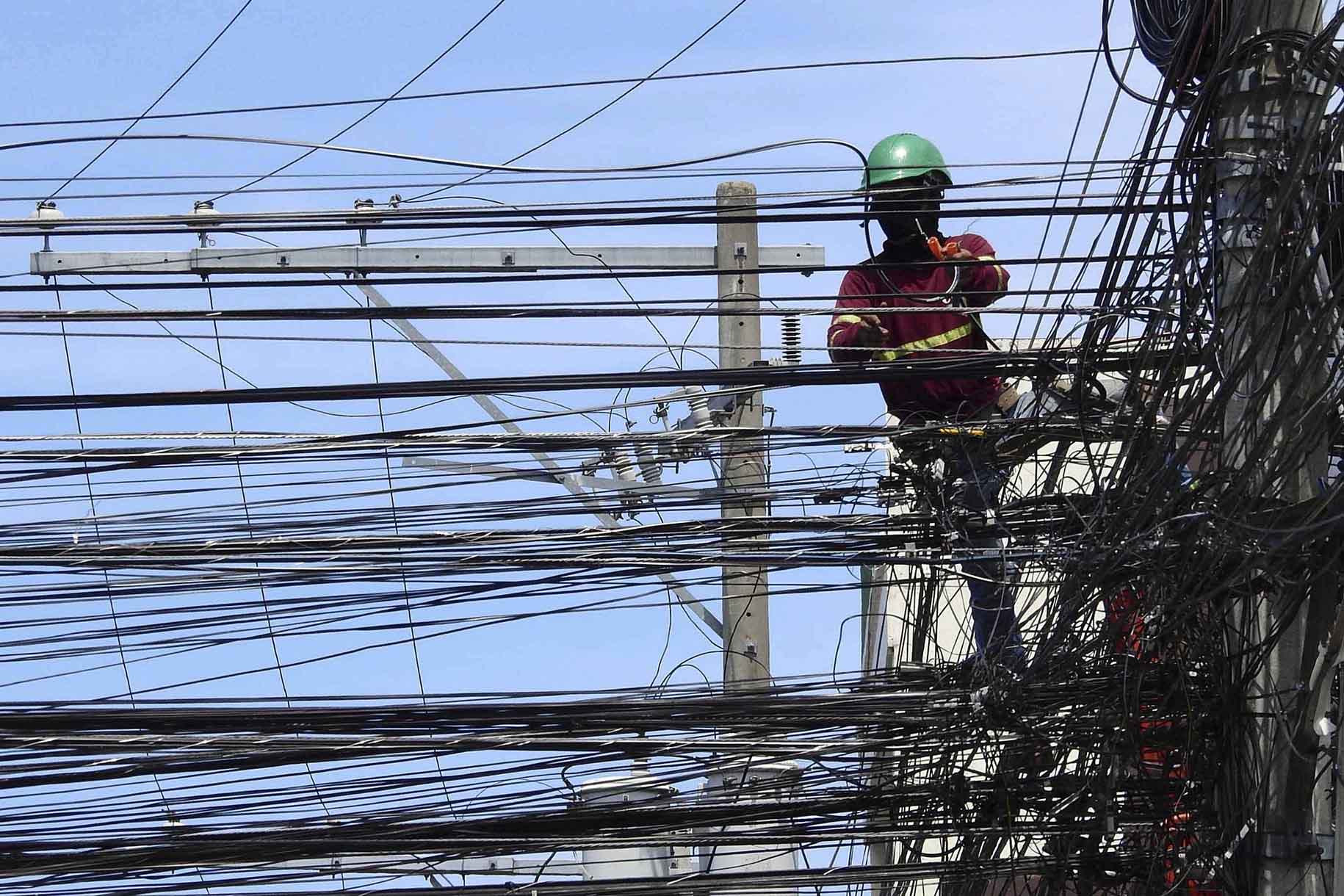EMPLOYERS who fail to comply with the wage adjustment will face a hefty fine or even jail time, an official from the Department of Labor and Employment reiterated.
The warning came in the wake of the first tranche of the daily minimum salary adjustment for the region beginning March 6.
The Regional Tripartite Wage Productivity Board (RTWPB) recently approved a P38 wage increase for the region, which will roll out in two tranches: P19 on March 6 and P19 on Sept. 1.
Randolph Pensoy, DOLE XI regional director, said non-compliant employers and establishments will be charged for violating Republic Act 8188, amending RA 6727 or the Wage Rationalization Act.
Sec. 12 of RA 8188 states that any person, trust, firm, partnership, association, or entity that refuses to pay any of the prescribed adjustments will pay a fine of P25,000- P100,000 or spend 2-4 years in prison.
The section further states that the employer shall pay double the unpaid benefits owed to the employees.
Payment of indemnity, however, is not an excuse for the employer from the civil and criminal liability stated in the Act.
“It is so hard, but it is the law. We are mandated to monitor, implement, and keep tracking those establishments considering that the mandate of DOLE is to have this visitorial and regulatory power,” Pensoy said during the Kapehan sa Dabaw on March 11.
Pensoy said labor inspectors, as part of the labor standard monitoring, will monitor private sectors to ensure they comply with labor laws not limited to minimum wage adjustment but also to privileges and benefits of employees.
The official said the office has not received any complaints since the adjustment took effect.
Pensoy stressed that the adjustment is sustainable, contrary to the concerns of labor groups that the hike is insufficient for a family of five.
“The determination of the wage adjustment is a by-product of the three sectors, private employee, employer, and government. Once determined, it’s not only the government who would dictate but by through a process of consultation,” Pensoy said.
The official said that the increase can sustain the daily cost of living of a family of five, with at least one worker receiving minimum wage, per the data submitted by the consumer price index and poverty threshold from the Philippine Statistics Authority.
Pensoy added the RTWPB XI meticulously assessed the wage increase considering the current socioeconomic conditions in the region.
If for instance, employers find no distinction between the minimum wage earners from the other groups, it is the prerogative of the employer to adjust.
Article 124 of the Labor Code permits employers to restore the gap in cases where wage distortion occurs. This is when variations in wage structures among employee groups are diminished due to wage increase mandates.




